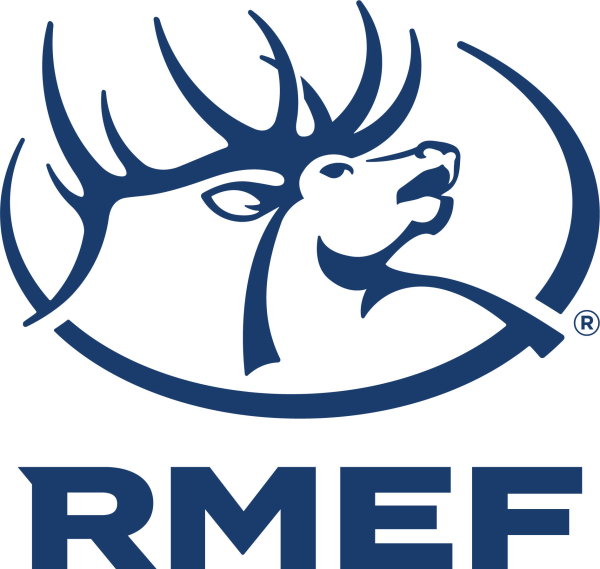Dorsey Covers How Ballot Box Biology Bypasses the Expertise of State Wildlife Officials

Is the traditional role of state fish and wildlife agencies coming to an end? That is increasingly the question as some of the nation’s most important–and often controversial—issues are no longer being decided by wildlife professionals whose charter it is to manage natural resources for the greater good. Instead, animal welfare groups and others have staked a clear strategy to circumvent state agencies through the referendum process. That is, if you want to ban mountain lion hunting or introduce wolves to a state, you have only to collect signatures from a population generally easy to sway with emotional media campaigns and overwhelm your opponents on election day– poor outcomes for people and wildlife be damned.
Some 26 states across the country allow citizens to propose legislation through the referendum process, part of the signature reforms of the Progressive Era—a form of so-called direct democracy where the people, not special interests, are supposed to make governing decisions. Instead, referendums have become rife with special interest influence. The referendum process has been especially embraced in the West where some of the country’s most challenging wildlife issues reside—including battles over what to do about burgeoning mountain lion, grizzly, and wolf populations.
To read the rest of this column click here.






